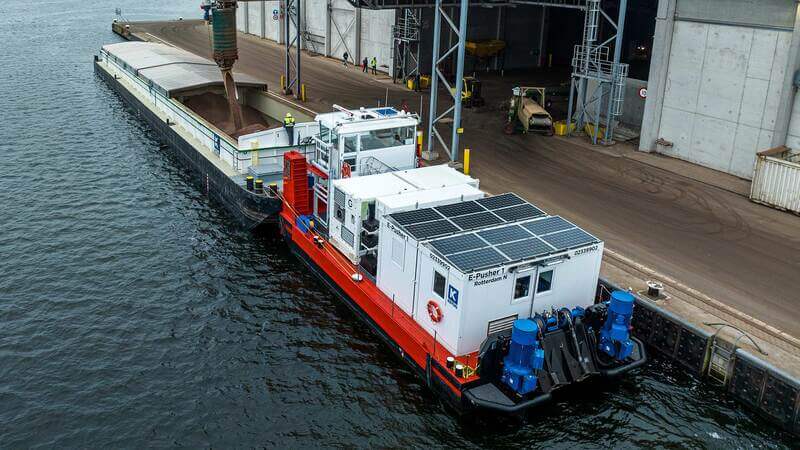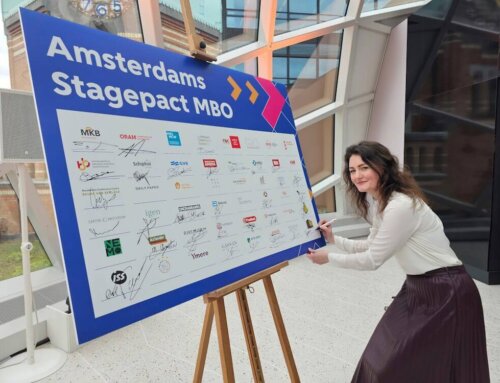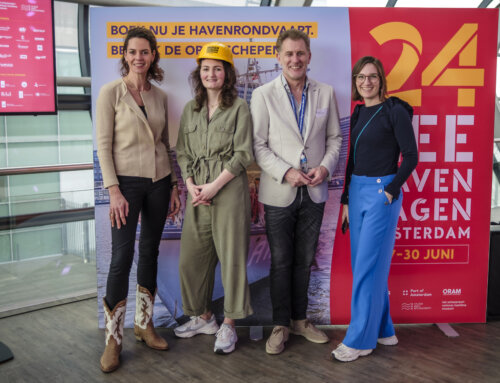Cargill innovates: cocoa beans electric
Electric driving is experiencing growth, especially in passenger cars and vans. Electric shipping is not very common yet. That is why it is remarkable that Cargill, in close cooperation with Kotug, has been able to electrify cocoa transport between Amsterdam and Zaandam entirely.

'This is a part of the supply chain that is not future-proof for various reasons,' said Marijn Moesbergen, Commercial Manager at Cargill. He explains how the cooperation with Kotug came about and what challenges came along. 'We had been using old push and tow ships between Amsterdam and Zaandam for decades, to transport our cocoa from storage at the port to the factory. Those were often somewhat older privately owned ships that burned diesel. These cannot be made sustainable. We also want to reduce the emissions in our chain and certainly reduce noise pollution. Industry and housing are really close together along the Zaan. So you sail through the built-up area. Both in terms of CO2 footprint and noise production, electric shipping has a very positive impact on the environment'.
CityBarge as an example
Some electric alternatives already existed, of which CityBarge is a well-known example. Moesbergen: "With that small electric ship, building materials, but also products for the catering industry are transported by water in the city. The Dutch family company Kotug has a relationship with CityBarge. Traditionally, they are in the business of large tow and push ships, and they were already thinking about developing a larger version of that CityBarge. With them we started looking at whether a larger pusher would be suitable for our operation. That indeed seemed possible.


